What watches do divers actually use?
No, you don’t need an expensive Swiss watch to go diving, but you do need to wear something to time your dive

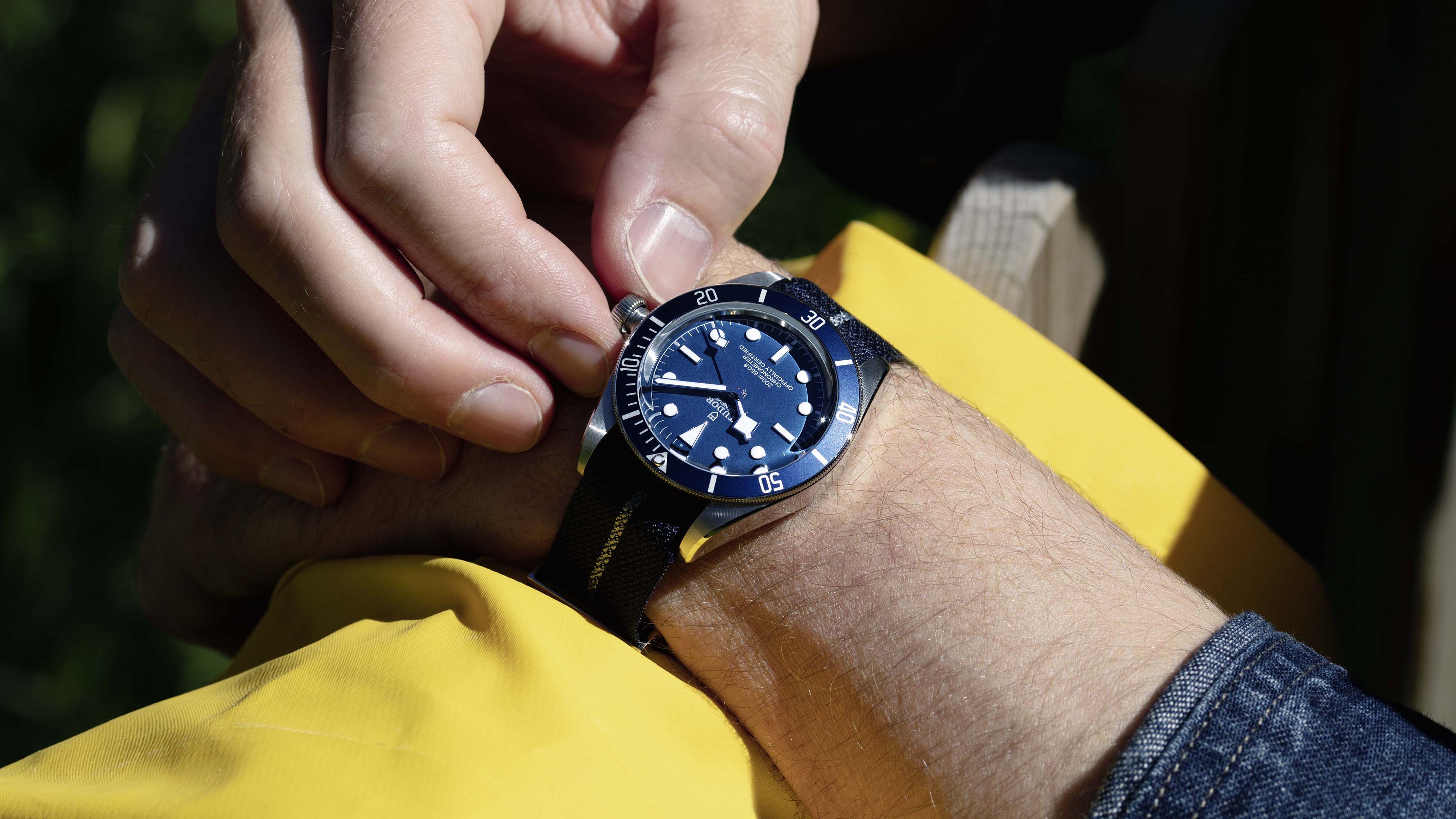
Get all the latest news, reviews, deals and buying guides on gorgeous tech, home and active products from the T3 experts
You are now subscribed
Your newsletter sign-up was successful
When thinking of a dive watch your mind probably serves up an image of something like a Rolex Submariner or Omega Seamaster. Expensive, Swiss, beautiful, packed full of diving features, but perhaps not the first choice where actual divers are concerned.
These are luxury watches with high prices and, while they could certainly be used to dive thanks to their tough build, huge water resistance rating and features like helium escape valves, they aren’t the only choice.
- Best dive watch: stylish watches to suit any budget
- Best outdoor watch: rugged, feature rich options for general adventuring
- What makes a dive watch a dive watch?
Here, we look at these watches in a little more detail, but also consider what alternatives are out there, from cheaper digital dive watches, to wrist-worn dive computers.
Swiss dive watches
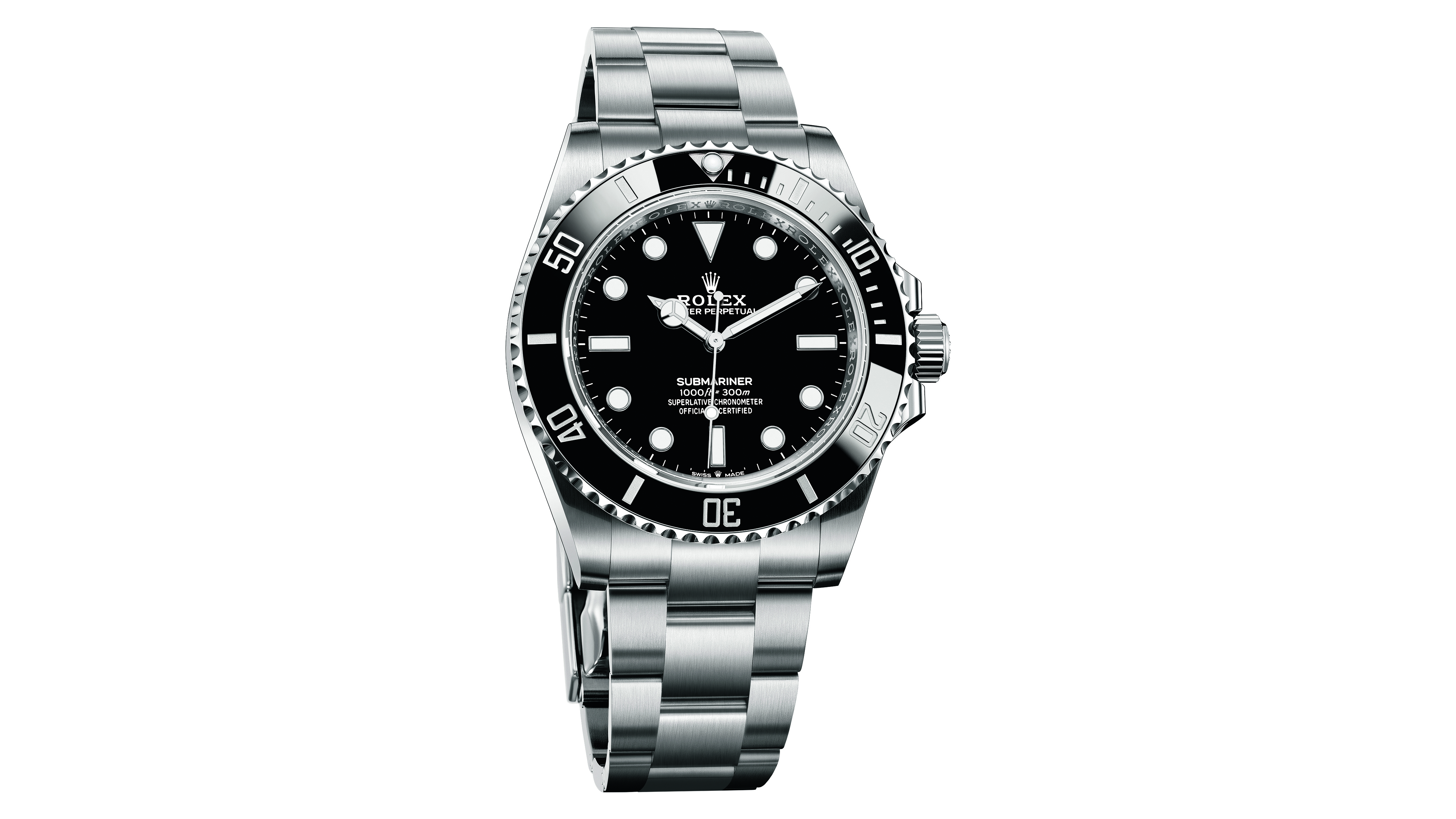
The popularity of Swiss dive watches can arguably be traced back to Sean Connery’s personal Rolex Submariner, which he wore during the filming of the early James Bond films. Long before Omega turned up with a product placement deal, Connery’s own Rolex projected the image of a watch that was fit for a spy yet could also work with a dinner jacket.
Dive watches like the Submariner all meet certain criteria, including waterproofing, visibility (including illumination), and resistance to shock, temperature and pressure. These watches can be used to track time via their unidirectional rotating bezels, which turn to help a diver keep track of how long they have been submerged and how much oxygen is left in their tank.
The Omega Seamaster, worn by Bond since the Pierce Brosnan films of the Nineties, also features a helium escape valve. Useless for 99% of owners, this is designed so that any helium that leaks into the watch during a saturation dive can escape, preventing damage when returning to the surface and depressurising. Like a supercar capable of 200mph, features like this are nice to have but are very rarely, if ever, used to their full capability.
Affordable dive watches
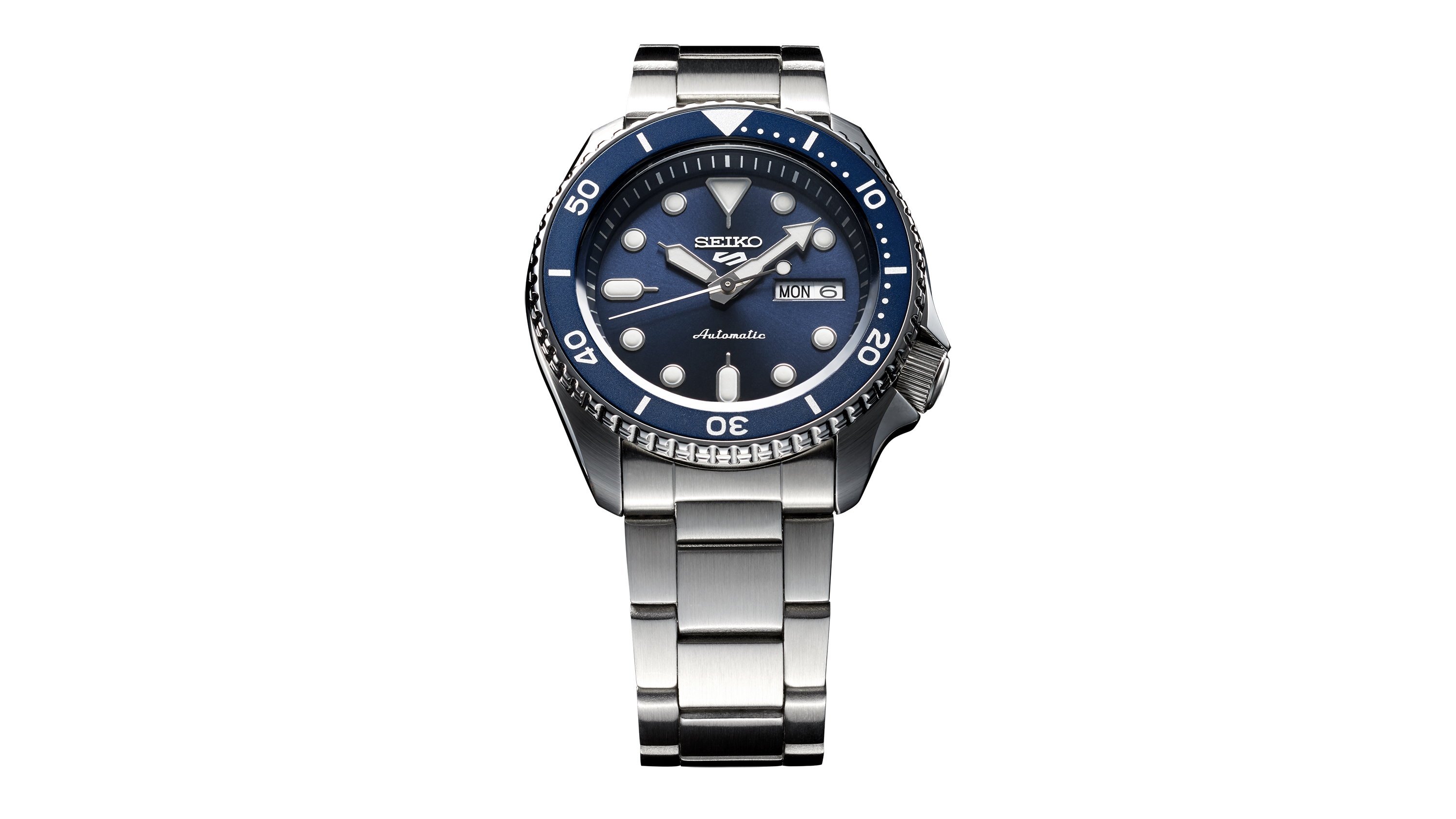
Plainly, you don’t need to spend five figures on a Swiss dive watch before your next snorkelling trip, or even your next deep-sea exploration of a shipwreck. If you want to rely on a watch, then a simple checklist is all you need. In other words, a watch that can be read in total darkness, has a suitable water resistance for your intended dive, and has a rotating bezel.
Get all the latest news, reviews, deals and buying guides on gorgeous tech, home and active products from the T3 experts
Japanese watchmaker Seiko and its SKX007 and SKX173 are a good place to start when looking for traditional dive watches on a budget. Likewise, Casio makes dive watches and we have previously recommended the MDV106-1A for its classic looks and 200 metres of water resistance.
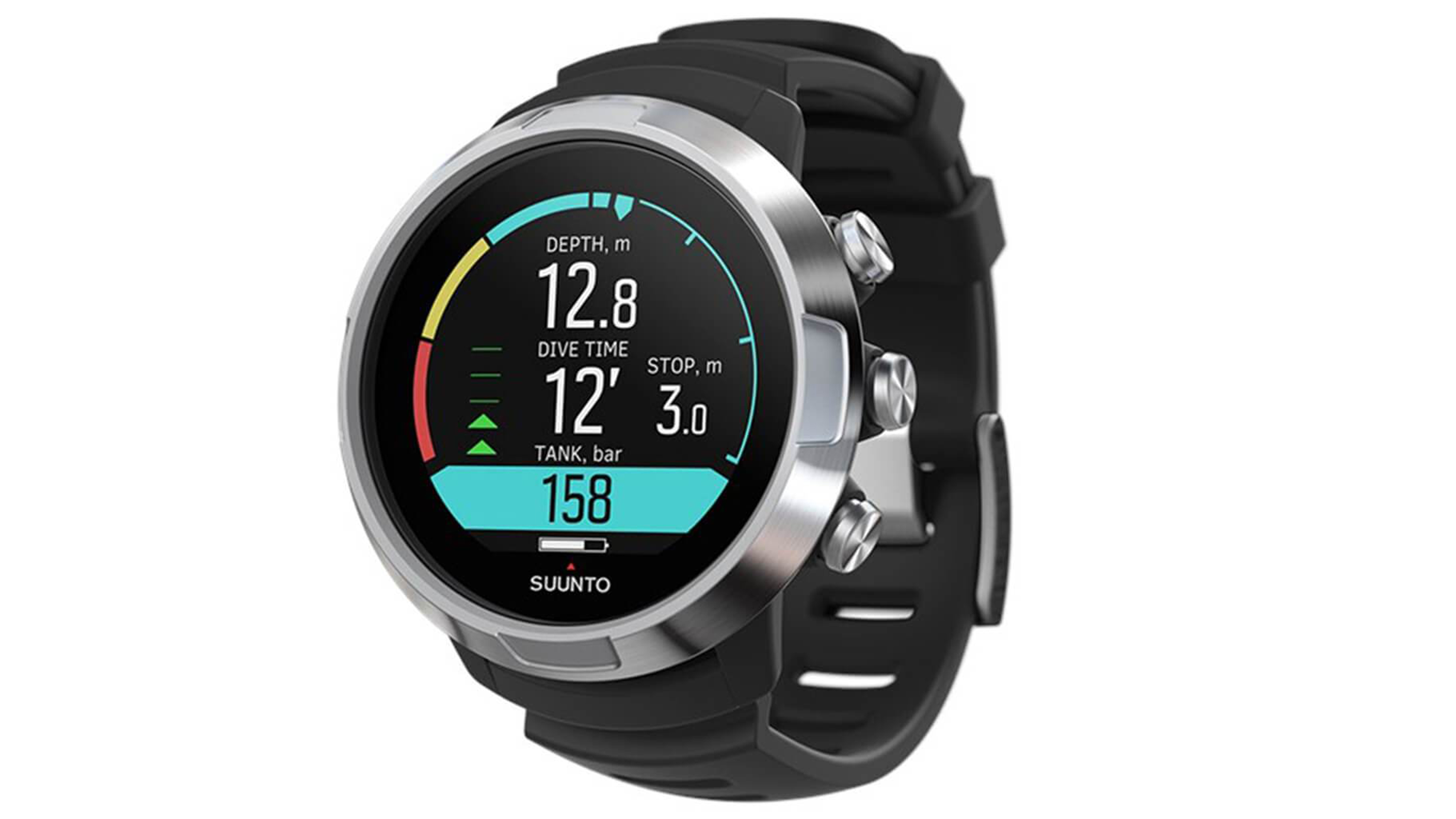
Away from mechanical Swiss timepieces, you could also look at a digital dive watch. A half-way house between a traditional watch and a diving computer, an example of such a watch is the Suunto D5, which has an all-digital display, connects to a smartphone app via Bluetooth and includes various diving modes, the ability to log the use of three tanks, and a 3D digital compass.
Such a wearable is more likely to be worn by divers than a Swiss dive watch costing 10 times the price. It provides at-a-glance readings for depth, dive time, and tank pressure, while being water-resistant to 100 metres and having vibration and sound alarms.
Diving computers
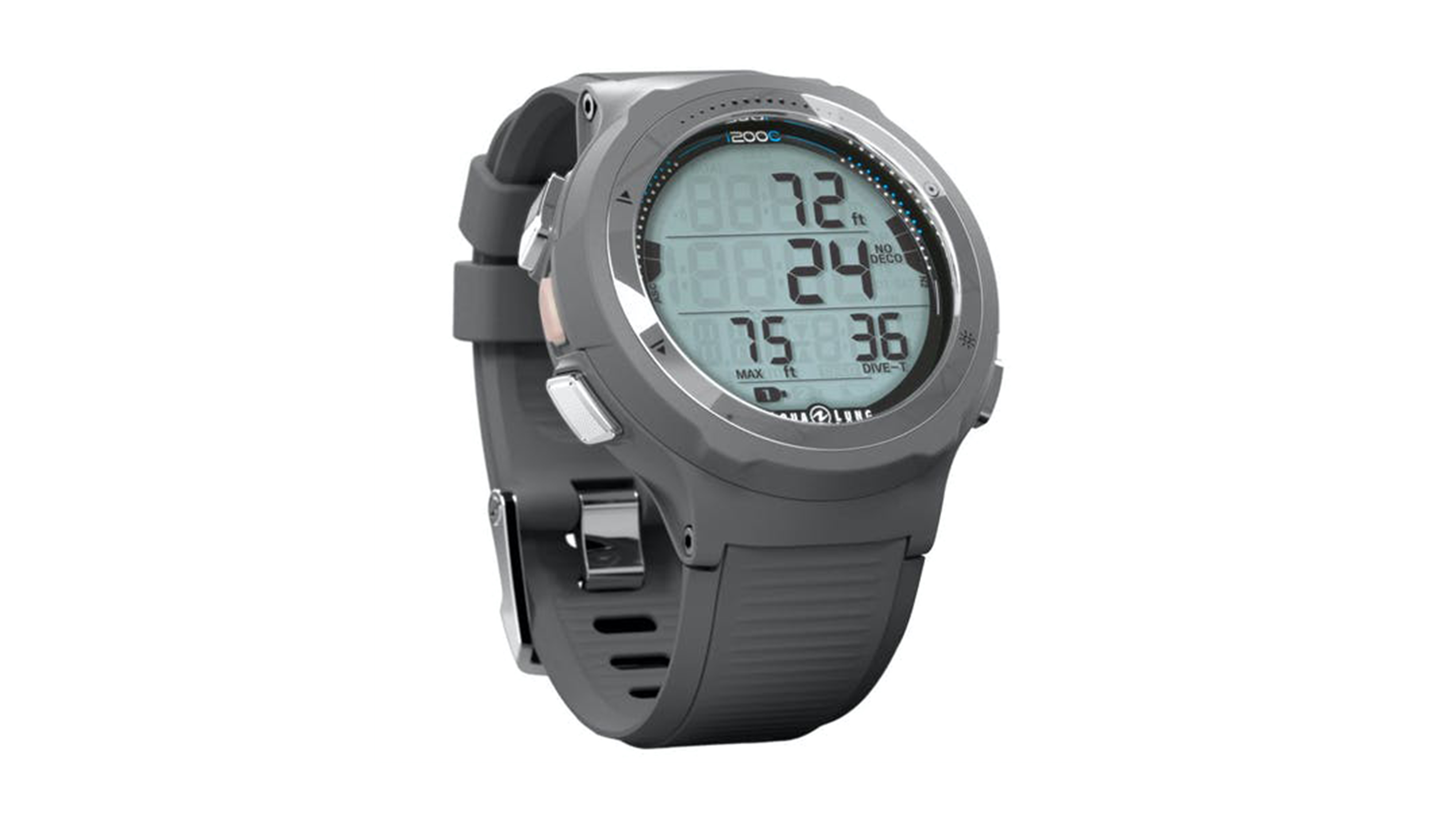
Finally, there are diving computers. These are worn on the wrist and come from companies like Aqualung and Shearwater. The former produces devices that look like watches but include various operating modes for when the wearer is diving, plus Bluetooth connectivity, software for PC and Mac, and a rechargeable battery.
Shearwater takes things further, producing wrist-worn devices with large, rectangular displays built for showing a lot of diving data at once. Made for scuba diving amateurs and professionals alike, these wearables include a colour screen. decompression computer, four modes of Air, Nitrox, 3 Gas Nitrox and Gauge.
The entire point of these miniature computers is to keep divers safe while submerged and using compressed air tanks. The displays help them track their diving time, depth and how much air remains in their tank or tanks. A Swiss diving watch can do this too, but in a more simplistic way and with more input from the wearer.
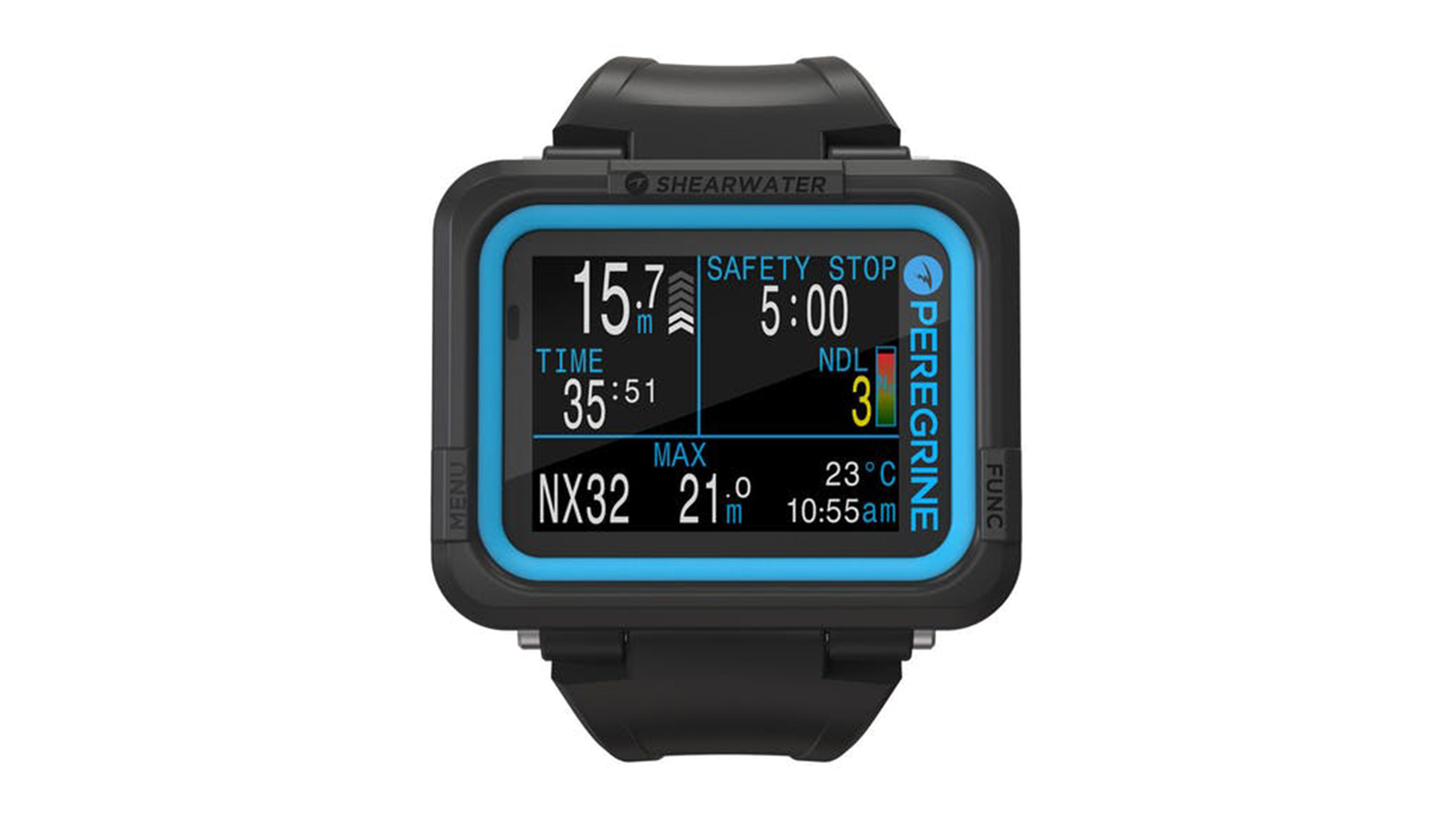
It may be somewhat romantic to imagine diving with just your trusty Rolex Submariner for company, but unless you are a confident and experienced diver who can rely on their own use of the rotating bezel, a digital dive watch or diving computer makes far more sense, while costing a fraction of the price at around £400 to £500.
So to answer the original question of what watches divers actually use. Yes, a particularly well-heeled and experienced diver can use a Swiss timepiece, but the majority are more likely to pick up a digital dive watch from Suunto or a diving computer from Aqualung or Shearwater.
Liked this?
- Best watches: T3's ultimate guide to watches and watch brands
- Best watches under £1000
- 5 best watches to invest in right now
Alistair is a freelance automotive and technology journalist. He has bylines on esteemed sites such as the BBC, Forbes, TechRadar, and of best of all, T3, where he covers topics ranging from classic cars and men's lifestyle, to smart home technology, phones, electric cars, autonomy, Swiss watches, and much more besides. He is an experienced journalist, writing news, features, interviews and product reviews. If that didn't make him busy enough, he is also the co-host of the AutoChat podcast.
